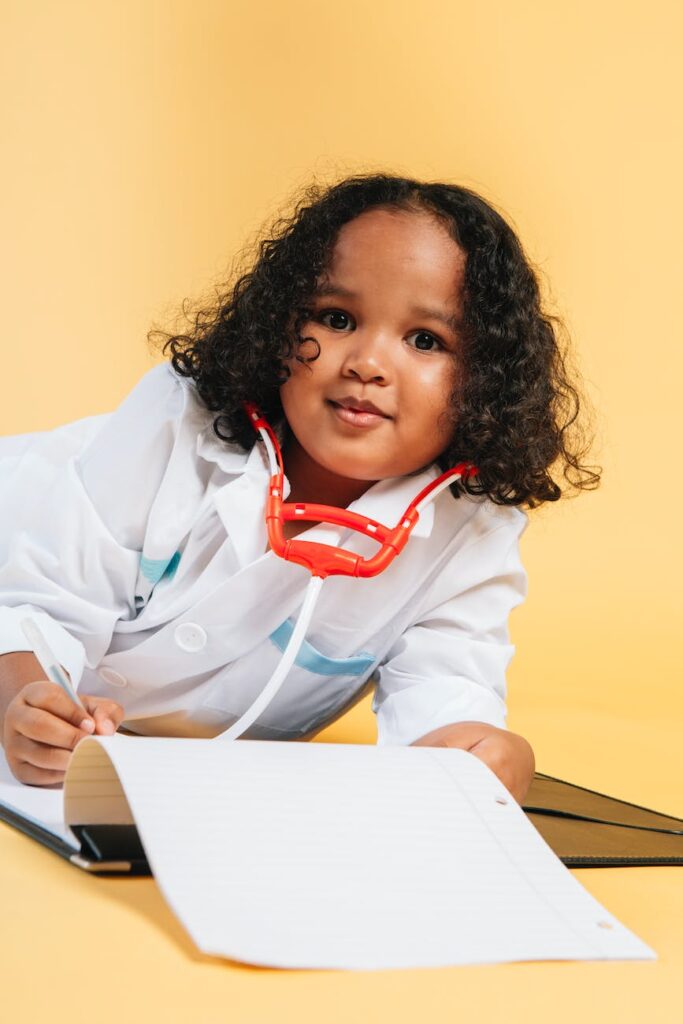
Introduction
It’s important to know what your child’s medicine does before giving it to them. Medicines can be confusing, but they are a necessary part of staying healthy. It’s common for parents and caregivers to have questions about the use of pediatric medicines. This article of Dr Louis Hamper will help you understand which medicines are right for your child, how to give them safely, and what the side effects might be.
Ibuprofen is used to reduce pain and fever. It is available in various forms as well as colors; liquid, chewable tablets, capsules and tablets.
Ibuprofen is used to reduce pain and fever. It is available in various forms as well as colors; liquid, chewable tablets, capsules and tablets. Ibuprofen can be given to children from 6 months of age with the correct dosage depending on their weight.
Antihistamines are taken to reduce allergy symptoms such as runny nose and sneezing, but they can also help your child sleep.
Antihistamines can also help your child to sleep. Although most antihistamines are taken as a liquid or in capsules, some are available as over-the-counter medications that you can apply directly to your child’s skin. In addition to their use for allergies and other respiratory problems, antihistamines have been used to treat hives, itching, bee stings and poison ivy.
Antihistamines aren’t intended for long-term use because they can cause drowsiness and lead to dependence on sleeping pills.
Cough medicines come in both liquid and capsule forms. They can help suppress the cough of a cold but don’t work great for coughs associated with asthma.
Cough medicines come in both liquid and capsule forms. They can help suppress the cough of a cold but don’t work great for coughs associated with asthma.
Cough medicines come in liquid, syrup and syringe form. The liquids are only for children who can swallow them without choking on the back of their throat or coughing it up after drinking it. Most kids are not old enough to take these forms until they are at least 5 years old.
Expectorants help loosen thick mucus from the lungs so that it can be coughed up easier.
An expectorant is a medicine that helps to loosen thick mucus from the lungs so that it can be coughed up easier.
Expectorants are sometimes referred to as ‘mucolytics’, and they work by helping your body to produce thinner mucus that is easier for you to cough up.
You should see your doctor if you have been experiencing difficulty breathing or are coughing up large amounts of thick sputum (mucus) from your chest, as this may indicate an infection in the lungs such as bronchitis. The following medicines can help provide relief:
Know what your child’s medicine does before giving it to them
In addition to being familiar with the medicine’s use, it is important that you know how to give it to your child. This will help you administer the medication correctly and prevent any risk of serious side effects that may be caused by incorrect administration. If your child has a chronic condition or is on multiple medications, they may have specific instructions on when and where they should take each one. It is important to follow these instructions exactly so that the medications do not interact negatively with one another or cause an allergic reaction in your child.
You should also call your pediatrician if:
- Your child becomes more ill after taking a dose of his/her medicine (such as vomiting)
- The symptoms of his/her illness worsen despite treatment
Conclusion
While many meds are safe for kids of all ages, it’s still important to know what your child is taking and why. If you have any questions about the medicines you’ve prescribed, be sure to talk with your doctor before giving them any prescriptions.